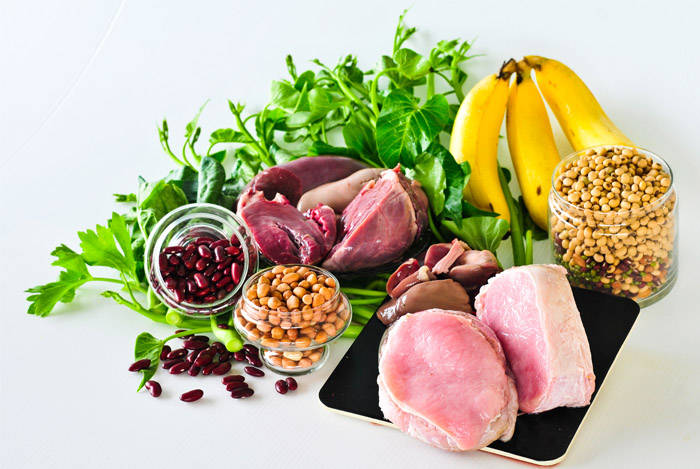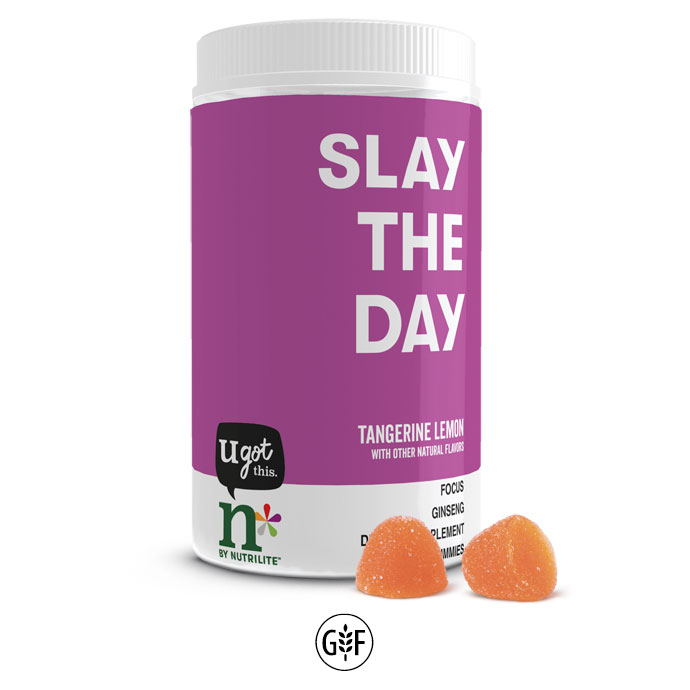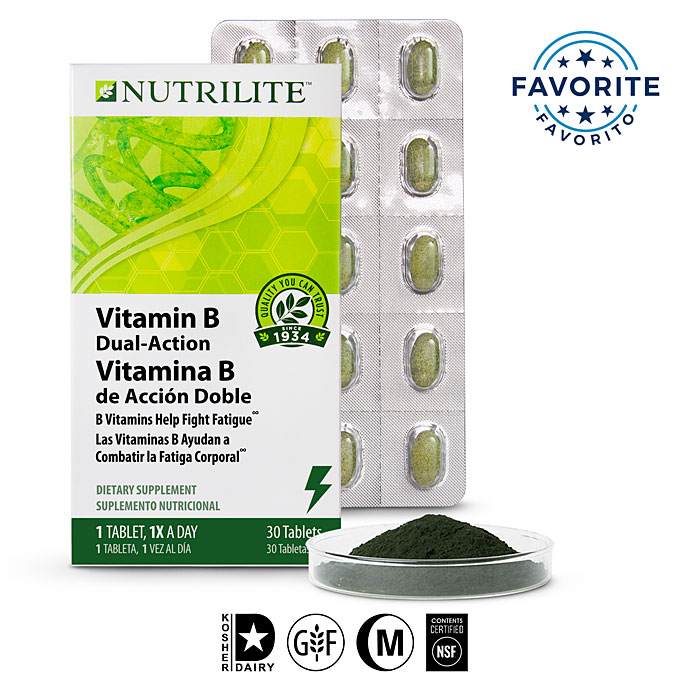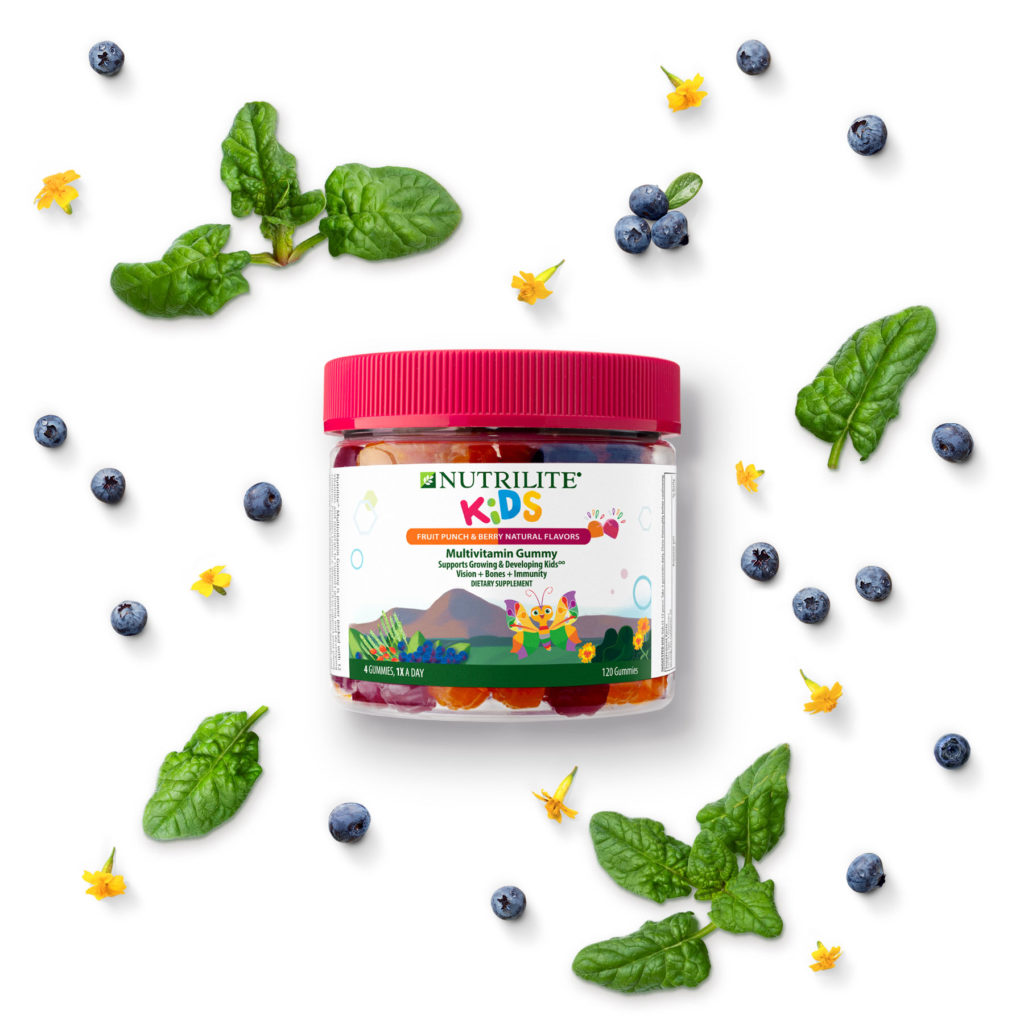
Vitamin B12 (cobalamin)…
What is it?
Vitamin B12, also known as cobalamin, is a water-soluble vitamin essential to the function of all cells. "Cobalamin" actually refers to a group of compounds (corrinoids) with near-identical structure.
What are the benefits?
What does it do?
Food Sources
How much do we need each day?
Infants up to age 6 months: 0.4 mcg
Babies age 7-12 months: 0.5 mcg
Children age 1-3 years: 0.9 mcg
Kids age 4-8 years: 1.2 mcg
Children age 9-13 years: 1.8 mcg
Teens age 14-18: 2.4 mcg
(2.6 mcg per day if pregnant and 2.8 mcg per day if breastfeeding)
Adults: 2.4 mcg
(2.6 mcg per day if pregnant and 2.8 mcg per day if breastfeeding)
What if I have a shortage?
There are many causes for vitamin B12 deficiency.
Surprisingly, two of them are practices often undertaken to improve health:
- A vegetarian diet
- Weight-loss surgery.
Early signs include:
Atrophic gastritis, in which your stomach lining has thinned
Pernicious anemia, which makes it hard for your body to absorb vitamin B12
Anemia with bone marrow promegaloblastosis (megaloblastic anemia). This is due to the inhibition of DNA synthesis (specifically purines and thymidine
Long-term deficiency may have adverse effects on:
Because the body stores about 1 to 5 mg vitamin B12 (or about 1,000 to 2,000 times as much as the amount typically consumed in a day), the symptoms of vitamin B12 deficiency can take several years to appear.
- Low counts of white and red blood cells, platelets, or a combination
- Glossitis of the tongue
- Fatigue
- Palpitations
- Pale skin
- Dementia
- Weight loss
- Infertility




